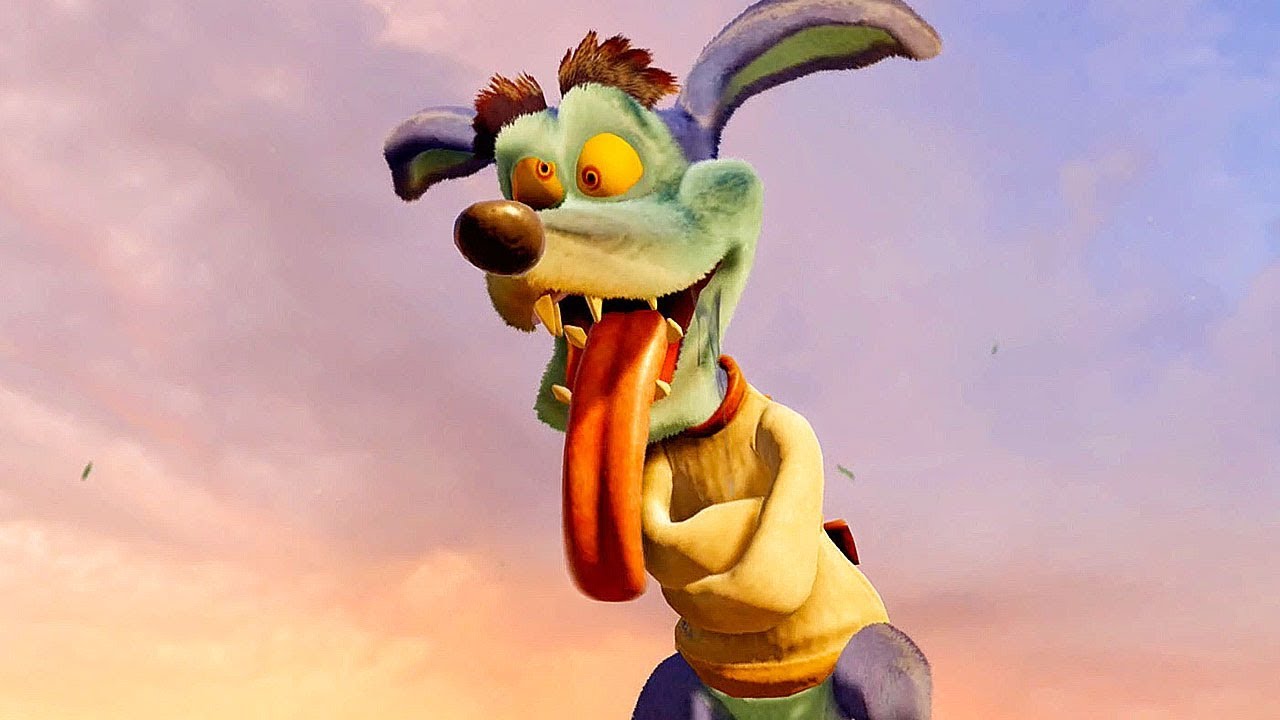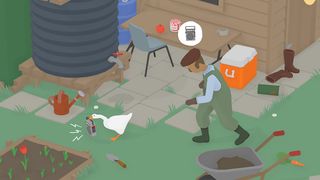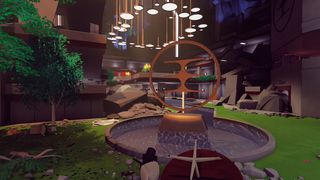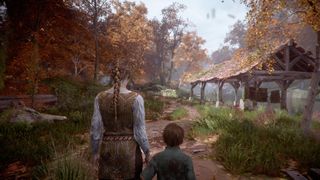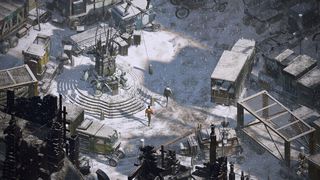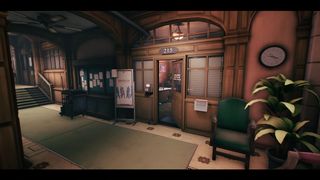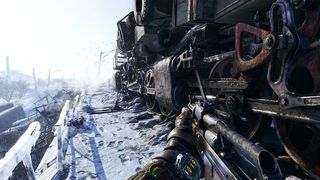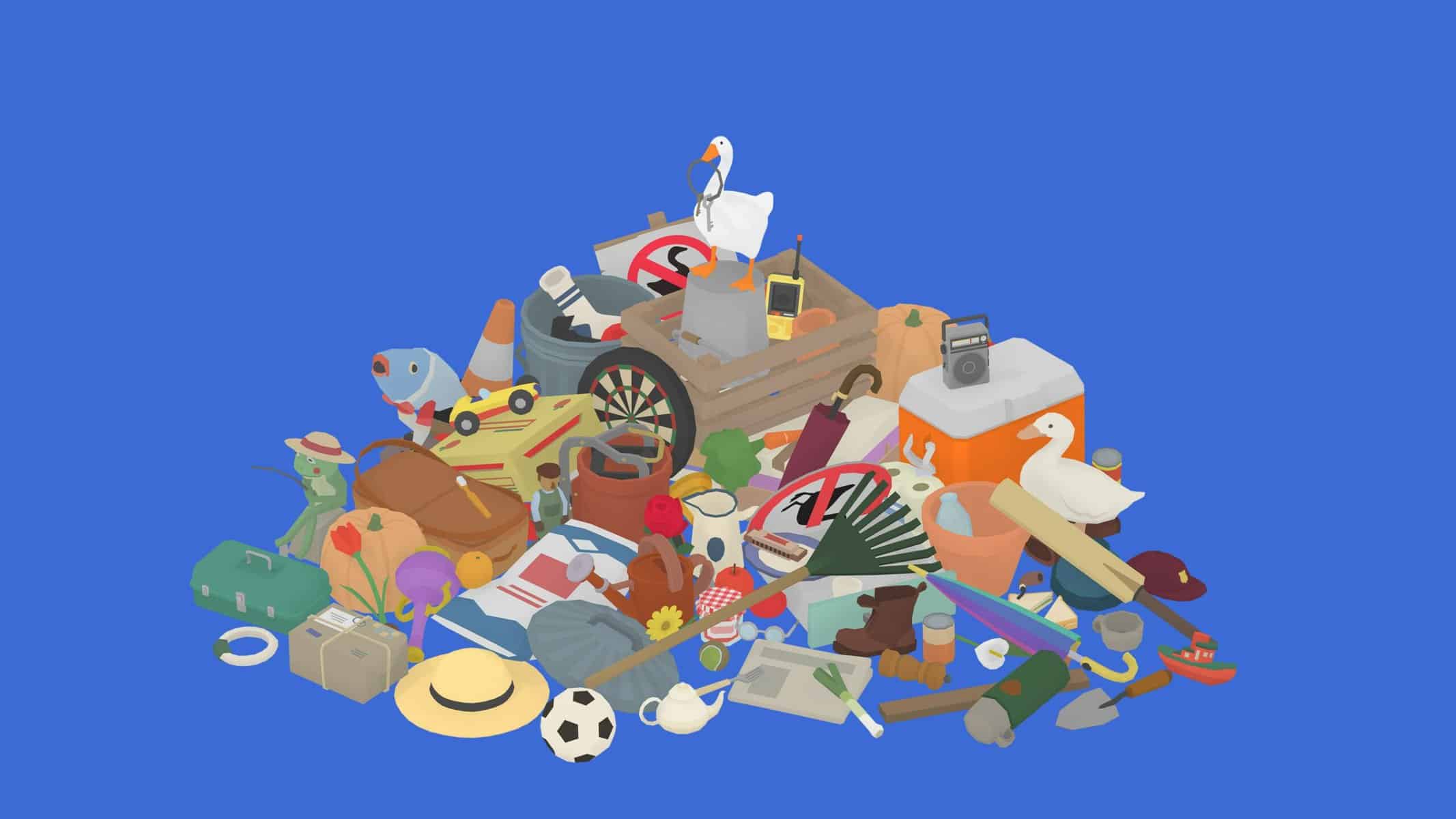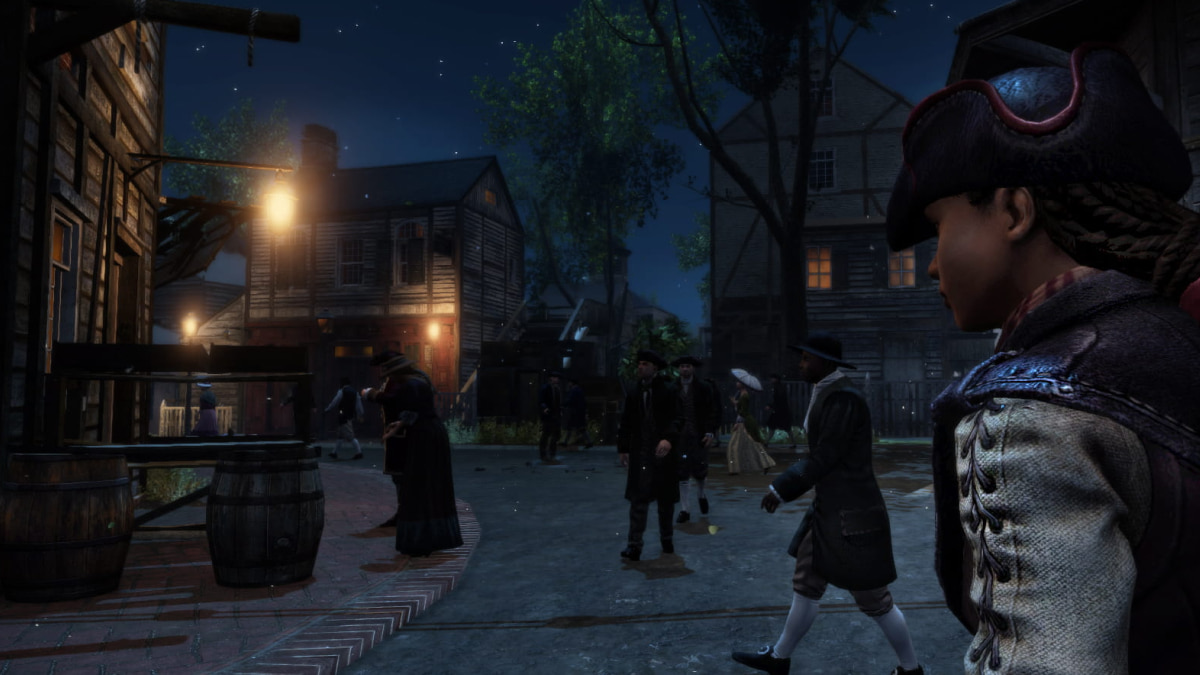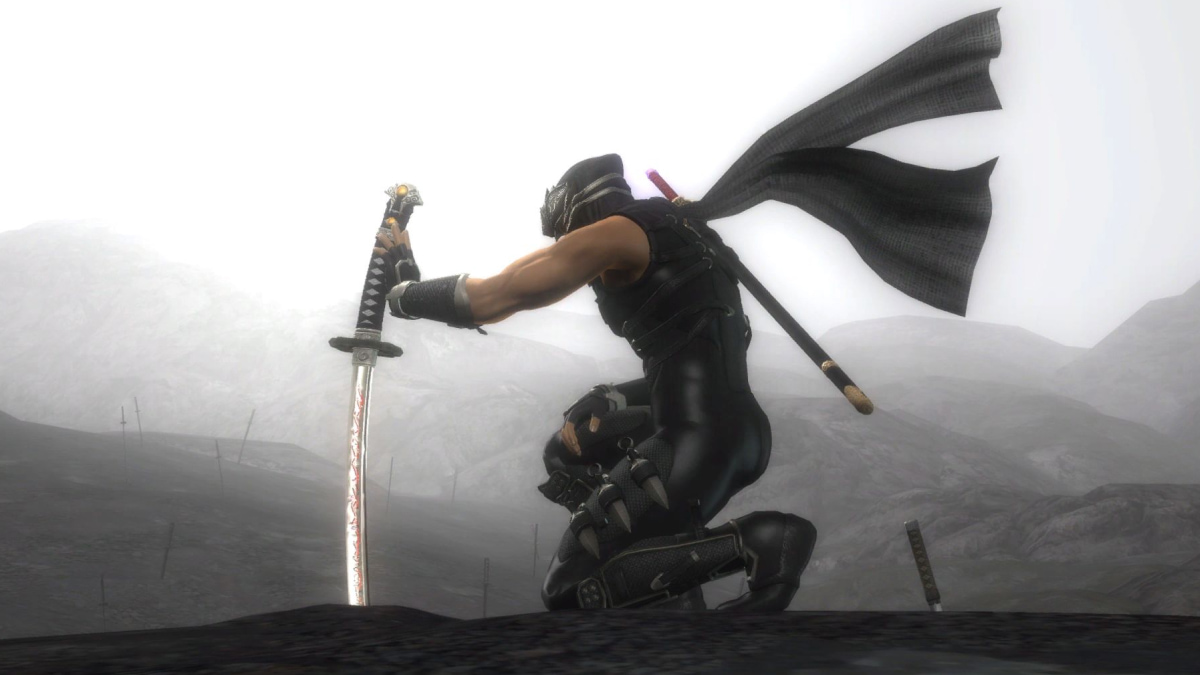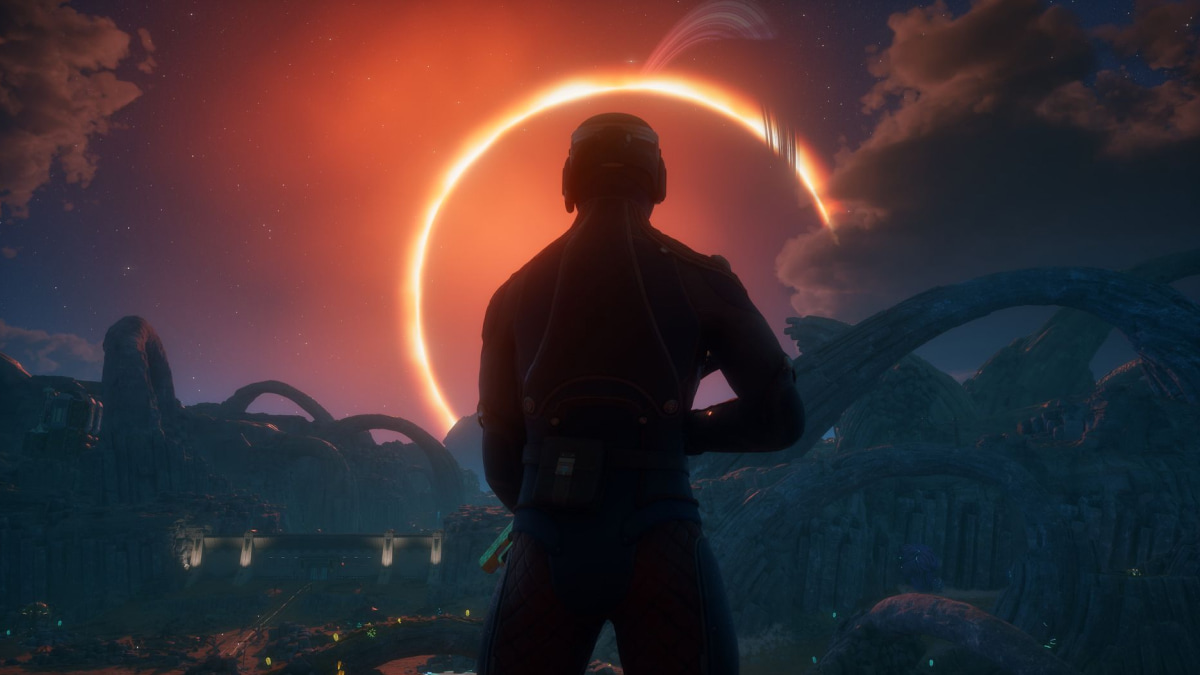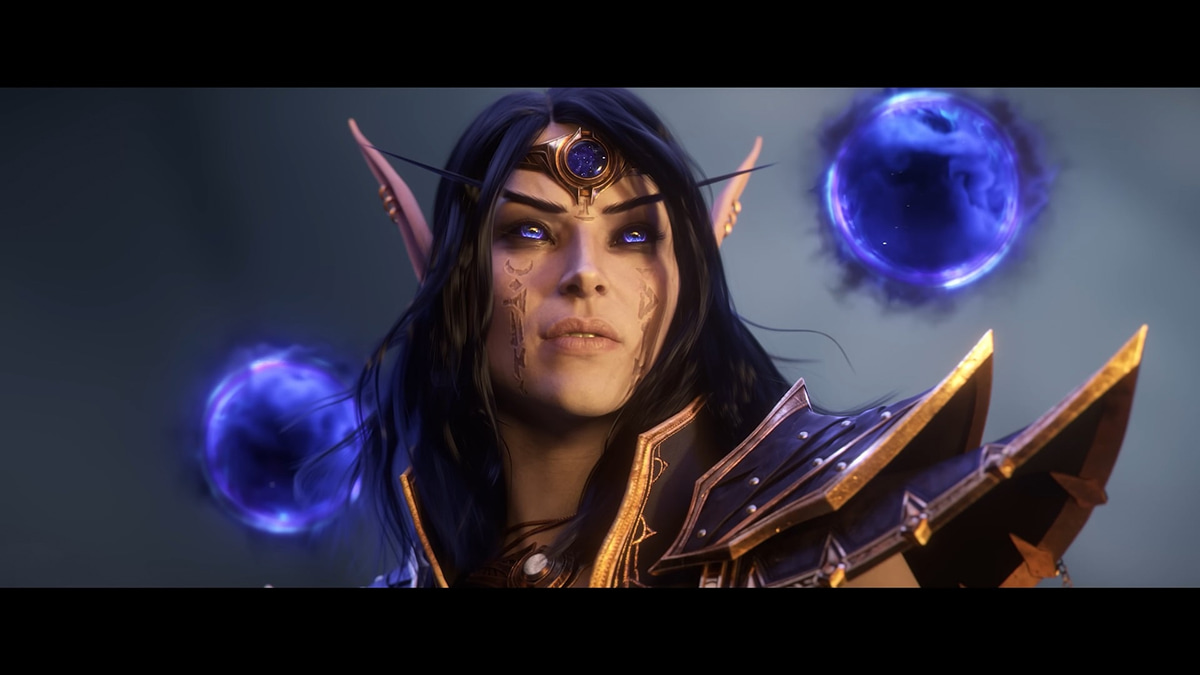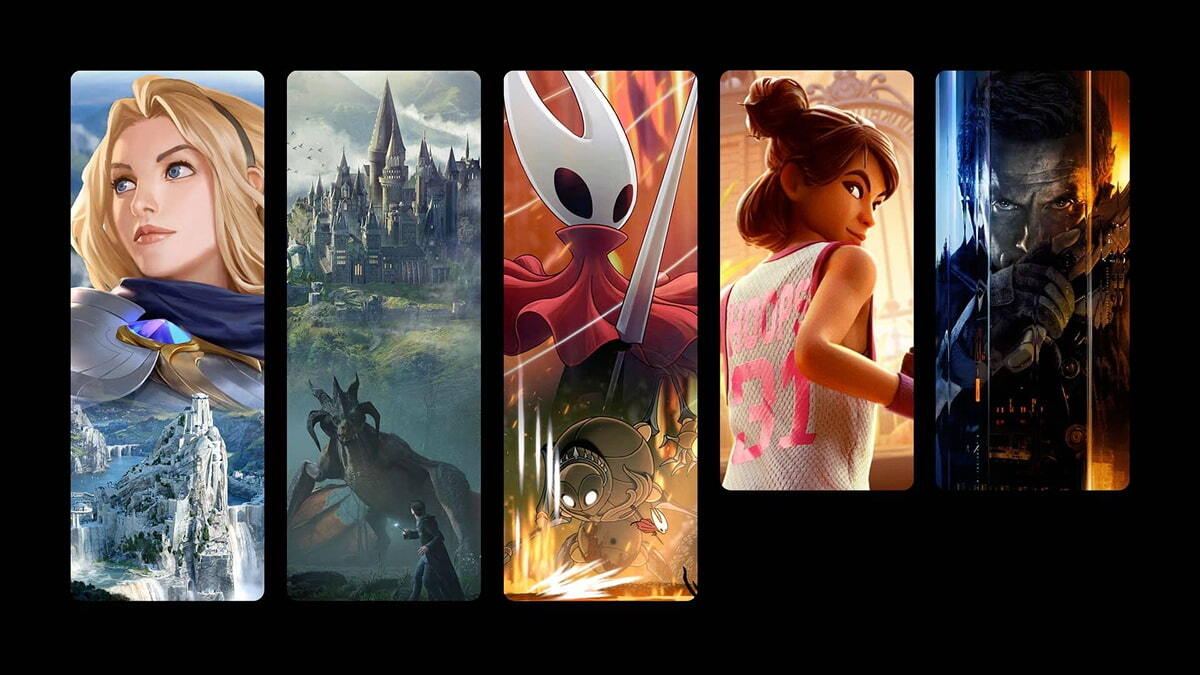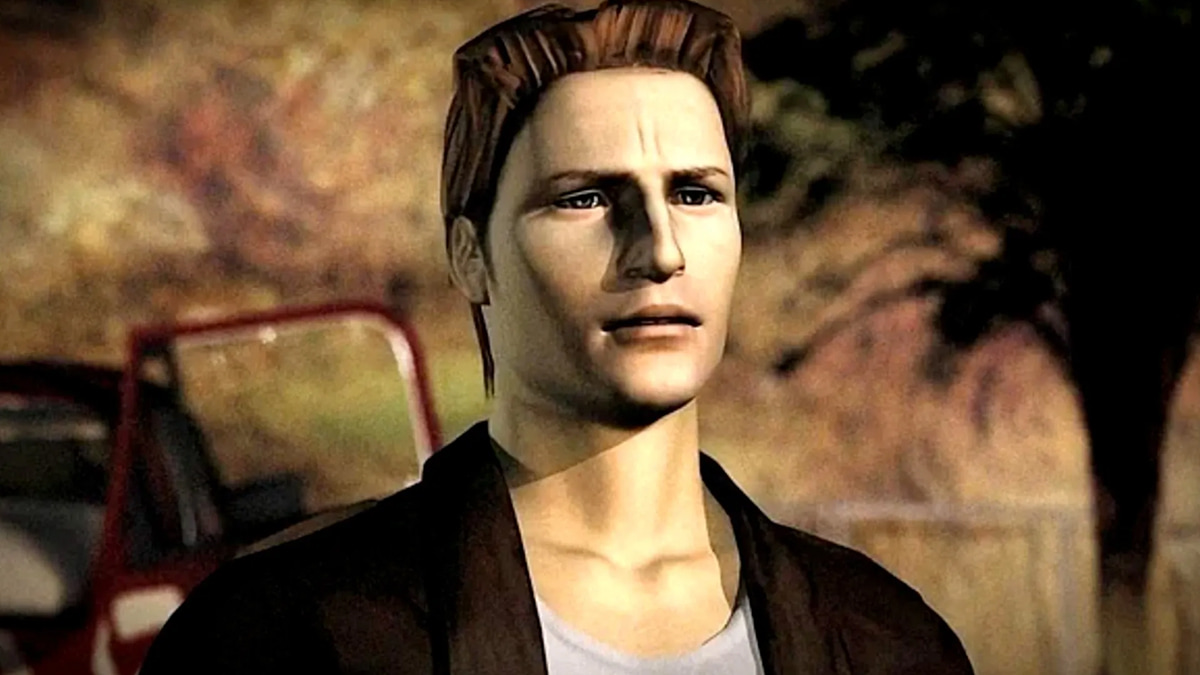You can trust VideoGamer. Our team of gaming experts spend hours testing and reviewing the latest games, to ensure you're reading the most comprehensive guide possible. Rest assured, all imagery and advice is unique and original. Check out how we test and review games here
The following is a list of games that have left an impression as the last 12 months have rolled by. Imogen’s list, it should be noted, reflects her choices for our games of the year podcast, as well it should. Mine do not, and I apologise. I grew restless while writing it, and I have already written about most of my own picks in a different piece; and the year was stiff with good games that I wanted to write about. So I have.
Untitled Goose Game
Untitled Goose Game seems like a dream come true. In a myriad of ways, it almost is. House House is a team of friends who came together to make games, and the image of a goose was ridiculed within their Slack chat. Memes fade, but the image remained, and the group began making an experimental game about this goose. A viral prototype hit the internet and suddenly this idea had legs, and wings, and a beak.
Untitled Goose Game is splendidly simple in concept and execution. It provides puzzles that pull the argyle threads of a sleepy countryside village into chaos and nonsense. The pranks are silly and harmless, and the implications of the goose’s actions are cheered with a pastel palette and a piano sting. As a consequence, it attracted lots of not-games-people to the game. Yes, the games industry is one of the most prolific and profitable industries in the world, but rarely do we get games that appeal to almost everyone. Rarer still is the game that welcomes and encourages people who aren’t well-versed in the language of games (e.g. red = explodey). And House House made the sound of the goose’s footsteps by slapping a rubber glove. Genius.
Crash Team Racing Nitro-Fueled
The studio that developed Crash Team Racing is Naughty Dog, but a word like “developed” doesn’t seem appropriate. “Unleashed” sounds more like it—as if a crate in some dank laboratory were crowbarred open. One need only think of Ripper Roo, the straitjacketed blue kangaroo, whose tongue flutters in the wind like a flag, to see that the game, which came out on the PlayStation in 1999, was a rickety exercise in mania. But, of course, it wasn’t. It was a game of precision and patience, lurking under the veneer of a psychotic cartoon. Its fans (as rabid as the racers that skid through it) argue that it betters Mario Kart—an unbalanced critique, perhaps, comparing a single game to a series, but it is a superior kart racer to Mario Kart 64, which released three years before.
The studio responsible for Crash Team Racing Nitro-Fueled—a complete remake of Crash Team Racing, with its graphical engines thoroughly juiced—is Beenox, and “responsible” is right. Over the years, Naughty Dog’s joyous warping of the Mario template has acquired cult status. Nitro-Fueled handles the weight of expectation by being excellent, in a number of ways. Its visuals are crammed with colour and softly hazed at high speed. Its technical nuance is in tact, by which I mean those tricky powerslides—activated with nimble fingers—that set your exhaust pipes aflame. More than that, it is the right choice for a remake. Crash Bandicoot N. Sane Trilogy, from 2017, was a celebration of certified glories, covering a crusty-looking pelt with fresh pixels; Crash Team Racing Nitro-Fueled, on the other hand, is a redress, and the revival of a once-raw war. And look, it even has a new (well, a five-year-old) Mario Kart game to compete with. Start your engines!
The Bradwell Conspiracy
I don’t like puzzle games. I don’t like them. I am a confident and clever person, and I need to be told this regularly in order to be a confident and clever person. The patronising chime of a wrong answer should be left in the primary school classroom, on the one crumbling computer that we shared for Golden Time.
But. The Bradwell Conspiracy had me hook, line, and 3D printer. As the sun sets, silhouetting Stonehenge on the eve of the summer solstice, Bradwell Electronics host an extravagant party to celebrate the company’s Clean Water Initiative, a philanthropic effort to purify the water supplies of low income countries. An explosion rocks the museum, and the protagonist tumbles into the Bradwell Research and Development subterranean facility. A Brave Plan weaves what seems to be nebulous effects into an unsettling story that criticises the surveillance state and sympathises with the trauma of terror attacks. Bolstered by the exceptional narrative, the puzzles were satisfyingly tricky and integrated into the ruins of the research facility. The Bradwell Conspiracy isn’t a thriller, nor is it a tale of political intrigue. It’s quiet, bright, and offers the greatest joy of all: mauling the museum displays.
Observation
One of the virtues of video games is their power to supply digital balm to itchy feet, and I can think of no greater space, when it comes to exploration, than space. But Observation, a horror-tinged mystery from developer No Code, isn’t about exploring. It’s about finding out how a space station has wound up orbiting Saturn instead of Earth, what has happened to its missing crew, and why the equipment keeps blasting cryptic commands at you, such as BRING HER. Your mission, in short, is to boldly know. The twist is that you play as the station, or, more specifically, the station’s A.I., and thus your investigation becomes introspection; flitting between fixed cameras, you gaze and glean, tapping into laptops and piecing together information while assisting the one crew member who is still around, Emma Fisher.
The artist is Jon McKellan, who previously worked on Alien: Isolation. His style in that game had a 1970s brief: the computer screens were bathed in blur and encased in beige. With Observation, he anchors the visual style in closer orbit to where we are now; the game is set in 2026, and it feels authentically hard-edged and severly cramped. But the interfaces, scratched with static, and the opening shot, showing bits of debris drifting through a cabin, heighten the feeling of hopelessness—as well as the possibility that the A.I. we are inhabiting might not be sound of CPU. All of which adds up to thriller of rare restraint—albeit with an overgrown final act—and a unique take on character control. PLAY IT.
Pokémon Sword & Shield
The Pokémon series is like a pop-up petting zoo that comes with an encyclopaedic examination that grills you to the nth degree. It asks you questions on a paper that was printed over two decades ago with scribbles and omissions as the pile of pages grows taller and taller. What is the hearing range of a domestic cow? The rabbit, capybara, and chinchilla are all members of the rodent family: true or false? Why do scarab beetles exhibit primarily nocturnal behaviour? Wait, there aren’t even scarab beetles in this petting zoo!
What a relief. Lovely though they are, scarab beetles aren’t occupying a crucial cog in the machinations of everyday life. I hope the metaphor is clear enough now. Pokémon Sword and Pokémon Shield shrunk the Pokédex, overhauled how breeding for competitive Pokémon works, and added an autosave system. These changes make a world—or a region to be precise—of difference for a person who’s relatively new and uninitiated in all of this expected knowledge. It’s reassuring and rewarding, and Cinderace and Dragapult are my boys, just like Growlithe and Lanturn. Sword and Shield is a breath of fresh air, and I’m super excited to see where the next evolution in Pokémon role-playing titles takes us.
A Plague Tale: Innocence
Consider the multitude of ways that A Plague Tale: Innocence courted failure. The heroes are high-voiced children, with fake French accents. The game is one long escort mission. There is a villain so stupidly vile he could have been plucked from a pantomime. And even its title is stupid, with its obnoxious colon either hinting, or hoping, for a franchise—or else exploring its themes as tenderly as one might take down drywall. And yet, it didn’t fail. Its developer, the Bordeaux-based Asobo Studio, made a game of rare vintage: not a masterpiece, by any stretch, but one that knew every square inch of its own skin.
Siblings Hugo and Amecia, the latter of whom you play as, must venture to meet a master alchemist, in order to treat the sickness ailing Hugo’s blood. The year is 1348, and the venturing is done across the verdant and festering wilds of the French countryside. The bubonic plague is in fell swing, borne on a sea of super-rats. The game is composed of puzzles, stealth, and combat—all of them lightweight and linked; just as you tire of a segment, it switches to the next, with enough frequency to usher you through the mysteries of the plot. I look forward to A Plague Tale: Experience, should it come to pass, but if it does then it might be wise to prepare for A Plague Tale: Ennui.
Disco Elysium
“I don’t really get it,” I said to our co-worker Matt, surfacing to the office after three hours in Disco Elysium. Set in the fictional city of Revachol, the game begins with the aftermath of a murder: a lynched, decomposing body swings precariously from a tree. A detective, pooled on the floor of a hotel and lacking his vestments, his identity, and his comprehension of reality, seems to have had a severe bout of alcohol-induced amnesia. His skills speak to him—literally, as inner voices—offering him insight or snark, and help to fill in the blanks in his grey matter. So, not only is the sad sack warring with the world-weary people of interest implicated in his investigation, he’s also battling his thoughts, which are, in turn, trying to work out who he is.
No wonder I felt out of my element. But I came to appreciate that this feeling of finding my sea legs was what makes Disco Elysium stand out. Piloting the detective around the city, I found that the information I needed was filtered and framed through the mouths of characters who had no significance to the plot, which felt messy, incongruent, and opaque. All the while, my thoughts were telling me that the best course of action was to fling my feeble body into the ocean. Disco Elysium is an unsteady lurch into the practical madness of a role-playing game. I think I get it, but if I don’t, I’ve got my rational thought to slide me a hint or two.
The Occupation
The Occupation is set in an office. It is a place of pleasurable gloom—rich brown wood and brass of a dull sheen. Much like the offices you find in Control, it is not of this time, but there is nothing otherwordly going on in The Occupation; it is simply set in another world: the North West of England in 1987. You play an investigative journalist, who is dispatched to the offices of the Bowman Carson facility, a campus of council buildings, to dig around in the rubble—both literal and figurative—of a bombing. The game, developed by White Paper Games, is a real-time mystery robed in the trappings of an immersive sim.
It has stayed in my mind, somewhat against the odds, for a couple of reasons. First, like Everybody’s Gone to the Rapture before it, depicts the 1980s not as that oft-plundered mine of pop culture cliché—of haircuts, clothes, and electronics all visible from the upper atmosphere—but as somewhere that’s, dare I say it, recognisable. And second, it restores to its golden-age glory the act of investigation. The telephones are wired, and must be walked to; the mail is not electronic but paperbound; the disks are floppy, and the digital still has a dash of analogue rust to it. Perhaps most romantic of all is that it’s the only game I’ve played that dared to draw suspense from a looming print deadline.
Kind Words (lo fi chill beats to write to)
This game is a very sweet game about sending anonymous letters to strangers, to either vent your own worries or soothe another’s concerns. A figure with luminous pink hair sits at their desk scribbling replies while a relaxing, electronic soundtrack hums in the background. Ella the mail deer takes the messages and gives them out in a pile of “requests.” People might be worried about exams, they might have received a scary diagnosis, they might want to reconnect with a friend. The reply flies back to the writer and they might give you a sticker in appreciation, that then becomes an item to decorate the room with. Occasionally, a paper plane will float along the screen and catching it reveals a message from an anonymous player.
Kind Words stresses that the responder doesn’t need to have all the answers. It’s important to feel heard, and knowing that there’s someone out there who sympathises makes a world of difference. The game also provides hotlines and contacts for gaming-adjacent initiatives like Checkpoint and Take This. It’s a soft and caring experience, and months after its launch, I find that its community remains.
Metro Exodus
There are many reasons to enjoy Metro Exodus. The guns, the graphics, the dust and rust of its world, the sci-fi silliness of the plot, the pale-grey mutants that wing through the air or writhe in the darkness. But the best reason is the Aurora, the steam train that bears a group of fugitives through the broken Russian landscape. My prevailing memories of the previous Metro games, Metro 2033 and Metro: Last Light, are of inching along through tunnels, scrabbling together bullets, and gashing the odd throat. How nice it is, in Exodus, to ride through clear skies and snowy hills, talking, laughing, and staring out of windows.
There is, of course, shooting to be done, and not just bullets either; arrows, ball bearings, and streams of flame are all unleashed over the course of the game. Metro Exodus, which is supposedly the last game in the series, feels like the result of a restless art department lobbying for a chance to unleash hell, in all its many hues. We get rippling deserts and rivers of ice, and coppery forests that rustle with threat. It isn’t easy carving out a fresh vision of the end of days, but the developer, 4A Games, taking its tonal cues from the books, by Dmitry Glukhovsky, has managed the job—straying from the track of its predecessors, and its genre, and sweeping toward its terminus in style.
Untitled Goose Game
- Platform(s): macOS, Nintendo Switch, PC, PlayStation 4, Xbox One
- Genre(s): Action, Adventure, Family, Indie, Puzzle
